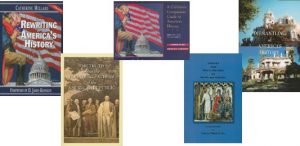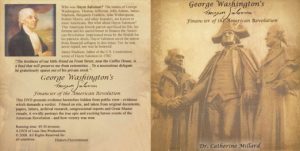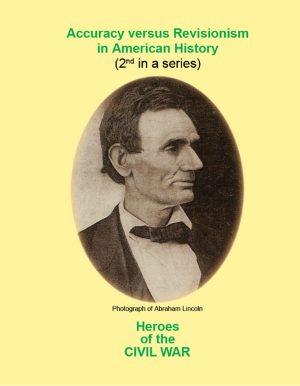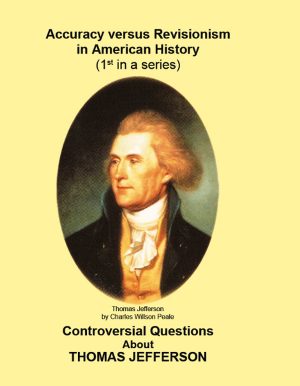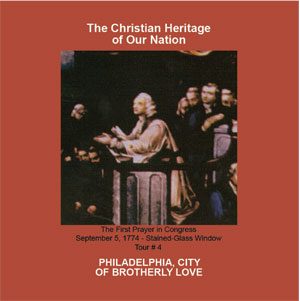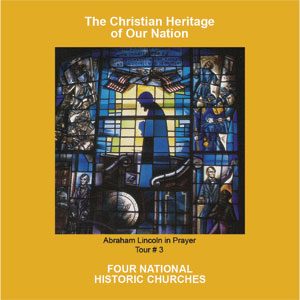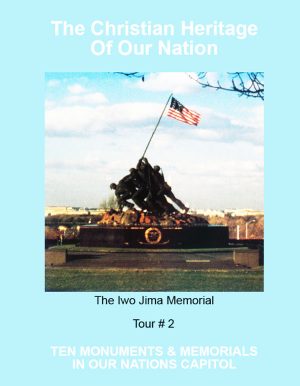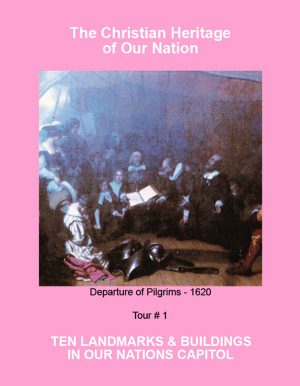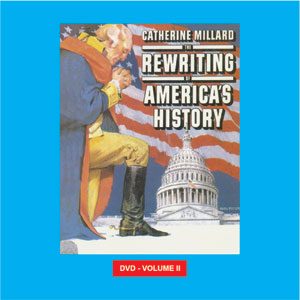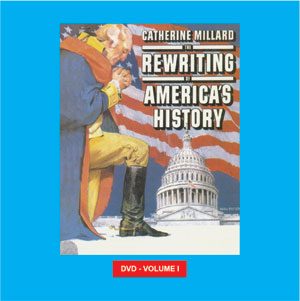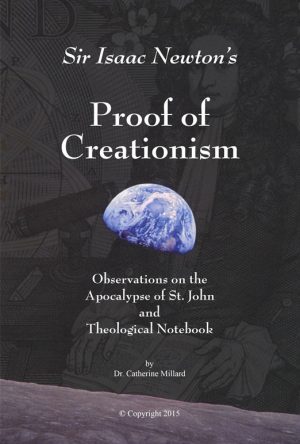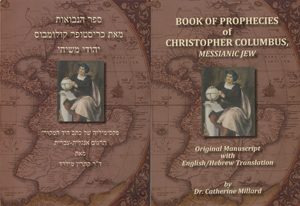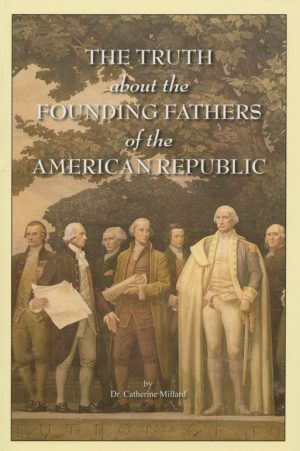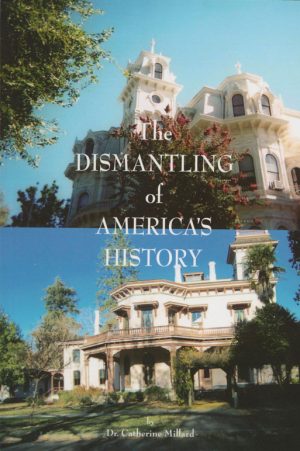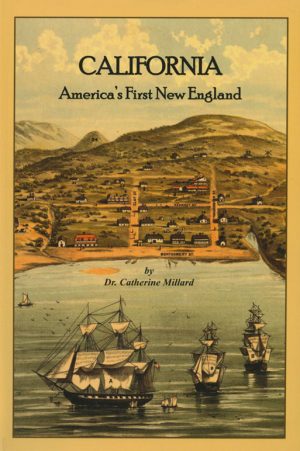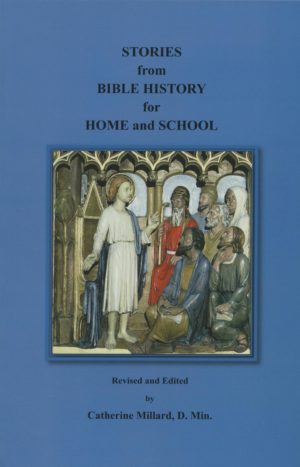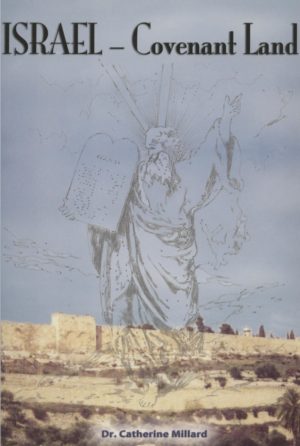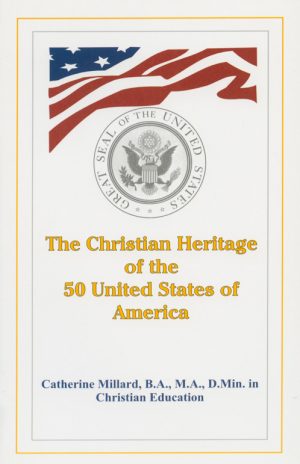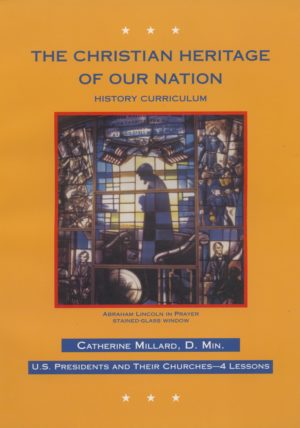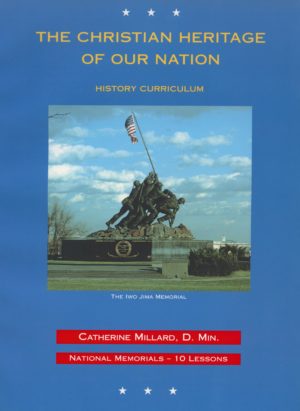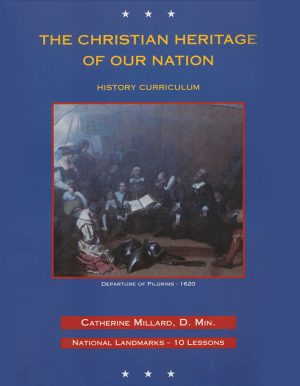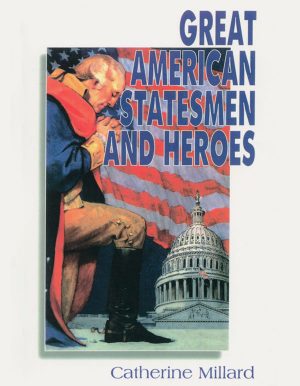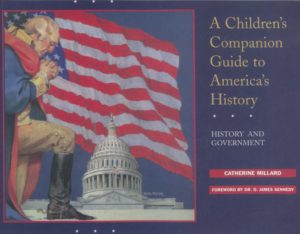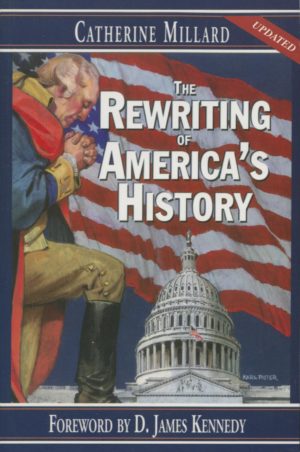Pennsylvania may well be proud of such a
founder and law-giver as William Penn, and an
obligation be felt by her enlightened citizens to
cherish by commemorations of his exalted
philanthropy and his beneficient institutions, their
expanding influence in the cause of civil and
religious liberty.
James Madison,
Fourth U.S. President, 18261
William Penn was an English nobleman whose father, Admiral Penn, aspired to a great military career for his son. At age twenty-two, however, Penn was converted from Atheism to Christianity after hearing Thomas Loe’s famous sermon: “The Sandy Foundation Shaken.” Young William joined the Friends Society of Quakers, and found himself imprisoned three times for preaching the Word of God. While serving a nine-month term in the Tower of London, Penn dreamed of starting a colony in the new world, where biblical truth could be sought, free from persecution. In 1681, he arrived with his followers on board the ship “Welcome,” founding shortly thereafter “Philadelphia, City of Brotherly Love.” His leather-bound Bible and Psalter, which accompanied him, is in the Penn Mutual Collection, opposite Independence Hall. On the title page to his Book of Psalms, Penn had written:
Set forth and allowed to be sung in all churches, of all the people together, before and after morning and evening prayer, and moreover in private houses for their godly solace and comfort, laying apart all ungodly songs and ballads: which tend only to the nourishing of vice and corrupting of youth.2
It is interesting to note that in this Latin Bible, the section which is the most underlined is the Book of Exodus, which tells about the Israelites’ escape from Egypt. This is a point of significance, in view of the English Quaker exodus to Pennsylvania, likening their removal to America with that of the Israelites’ deliverance from bondage and slavery. Penn’s desire for freedom extended to all persons, as is shown in this letter he sent ahead to the Indians in the area. It reads:
My Friends:
There is one great God and Power that hath made the world and all things therein, to whom you and I and all people owe their being and well-being, and to whom you and I must one day give an account, for all that we doe in the world; This great God hath written His law in our hearts by which we are taught and commanded to love and help and doe good to one another and not to doe harm and mischief one unto another…I shall shortly come to you myself at which time we may more freely and largely confer and discourse of these matters. Receive those presents and tokens which I have sent to you as a testimony to my goodwill to you and my resolution to live justly, peaceably and friendly with you.
I am, your loving friend, William Penn.3
The world-renowned painting by Quaker Benjamin West, “Penn’s Treaty with the Indians,” which is on permanent exhibition at the Pennsylvania Academy of Fine Arts in Philadelphia, celebrates Penn’s excellent relationship with the Indians, which was never marred by war during his reign as governor of Pennsylvania.
William Penn’s father, Admiral Penn, had transferred to his son the tract of land now known as Pennsylvania (Penn’s Woods) in America, which had been given to him by the Crown of England. This was in return for exemplary service to His Majesty the King. 4
William Penn’s Christian caliber and integrity, however, caused him to buy the land from the Indians, rather than take it. His famed 1682 Treaty with the Indians sealed the agreement. It is graphically memorialized in sculpture and in a frieze painting within the Main Rotunda of the U.S. Capitol, showing William Penn’s biblical approach to life….
From William Penn’s well-known “Frame of Government” come these words of wisdom:
That all persons…having children…shall cause such to be instructed in reading and writing, so that they may be able to read the Scriptures and to write by the time they attain to 12 years of age.
In 1701, Penn issued a Charter of Privileges in which he stressed the importance of Freedom of Conscience. He stated:
Almighty God being the only Lord of Conscience… and Author a swell as object of all Divine Knowledge, faith and worship, who only doth enlighten the minds and persuade and convince the understandings of people, I do hereby grant and declare: that no person or persons, inhabiting in this province or territory who shall confess and acknowledge our Almighty God and Creator, Upholder and Ruler of the world, and profess Him or themselves obliged to live quietly under civil government, shall be in any case molested or prejudiced in his or her person or estate…And that
all persons who also profess to believe in Jesus Christ, the Savior of the World, shall be capable to serve this government in any capacity.5
William Penn’s sermons are profound and stirring, lifting up hearts and kindling souls to great heights of spiritual worship. His dynamic sermon entitled, “A summons or call to Christendom – In an earnest expostulation with her to prepare for the Great and Notable Day of the Lord that is at the Door,” Is alive with the Holy Spirit’s pleading for repentance and spiritual growth among believers…
Here are some moving passages from the founder of Pennsylvania’s famed “No Cross, No Crown,” written during his nine-month sojourn in the Tower of London for preaching the gospel – further illustrating his character. It is considered one of his best, giving insight into William Penn’s own conversion account, and the basis for his longing to establish a Christian colony in the new world. It also explains his willingness to risk everything, leaving family and possessions behind, in order to serve Christ:
…Christ’s cross is Christ’s way to Christ’s crown. This is the subject of the following discourse, first written during my confinement in the Tower of London in the year 1668, now reprinted with great enlargement of matter and testimonies, that thou mayest be won to Christ, or if won already, brought nearer to Him. It is a path which God in his everlasting kindness guided my feet into, in the flower of my youth, when about two and twentyyears of age. He took me by the hand and led me out of the pleasures, vanities and hopes of the world. I have tasted of Christ’s judgments, and
of his mercies, and of the world’s frowns and reproaches. I rejoice in my experience, and dedicate it to thy service in Christ.
Though the knowledge and obedience of the doctrine of the cross of Christ be of infinite moment to the souls of men, being the only door to true Christianity and the path which the ancients ever trod to blessedness, yet it is little understood, much neglected, and bitterly contradicted, by the vanity, superstition, and intemperance of professed Christians.
The unmortified Christian and the heathen are of the same religion, and the deity they truly worship is the god of this world. What shall we eat? What shall we drink? What shall we wear? And how shall we pass away our time? Which way may we gather and perpetuate our names and families in the earth? It is a mournful reflection, but a truth which will not be denied, that these worldly lusts fill up a great part of the study, care and conversation of Christendom. The false notion that they may be children of God while in a state of disobedience to his holy Commandments, and disciples of Jesus though they revolt from his cross, and members of his true church, which is without spot or wrinkle, notwithstanding their lives are full of spots and wrinkles, is of all other deceptions upon themselves the most pernicious to their eternal condition for they are at peace in sin and under a security in their transgression… 6
In writing the above, Penn also exposed the shallowness of the Church of England which had evolved into a form of ritualism and hierarchy, devoid of the dynamic life of Christ…
Of great significance is William Penn’s magnificent Prayer for Philadelphia, delivered in 1684. It appears on a plaque within City Hall itself, the building upon which his statue stands with outstretched hand over the city he loved and prayed for:
And thou, Philadelphia, the Virgin settlement of this province named before thou wert born. What love, what care, what service and what travail have there been to bring thee forth and preserve thee from such as would abuse and defile thee. O that thou mayest be kept from the evil that would overwhelm thee. That faithful to the God of thy mercies, in the Life of Righteousness, thou mayest be preserved to the end. My soul prays to God for thee, that thou mayest stand in the day of trial, that thy children may be blest of the Lord and thy people saved by His Power.7
To learn more, click here.
________________________________
Bibliography:
1
Comfort, William Wistar. William Penn and Our Liberties. (Published in the Penn Mutual’s centennial year in honor of the man whose name the company adopted at its founding in the year 1847.) Philadelphia: The Penn Mutual Life Insurance Company, 1947, n. p.
2
Penn Mutual Archives Collection, Philadelphia.
3
Historical Society of Pennsylvania Collection. Philadelphia.
4
Wanamaker, John. Philadelphia a Guide. (Made for the convenience of people interested in the city’s notable history and present achievements.) Philadelphia: John Wanamaker, 1917, p. 3. Library of Congress Collection.
5
Philosophical Society of Pennsylvania Collection. Philadelphia.
6
Cope, Thomas Pyrn (ed.) Passages from the Life and Writings of William Penn. Philadelphia: Friends Bookstore, 1882.
7
“William Penn’s Original 1684 Prayer for Philadelphia.” Historical Society of Pennsylvania, Philadelphia, PA.
